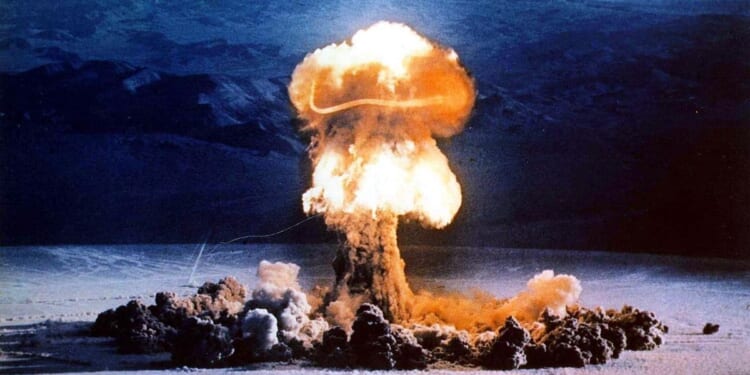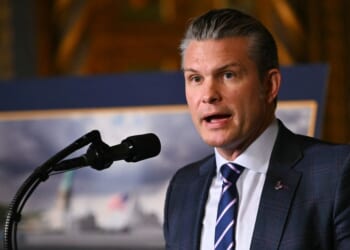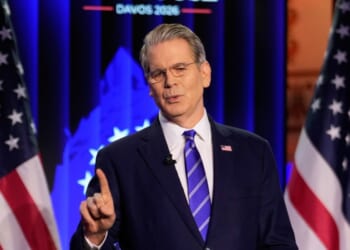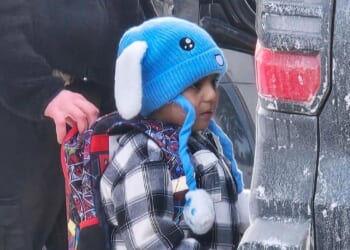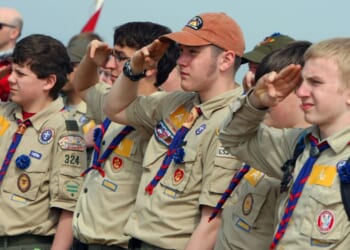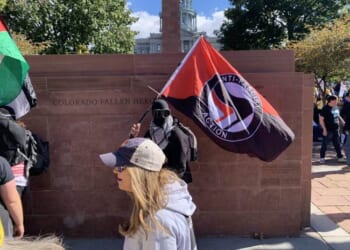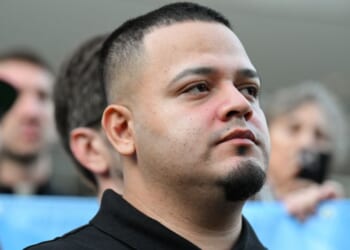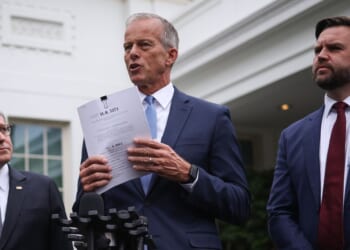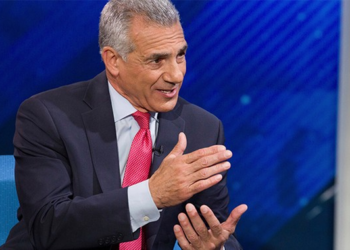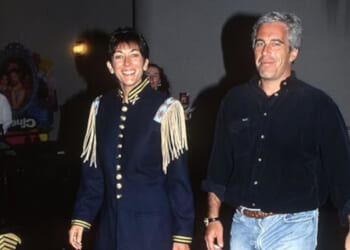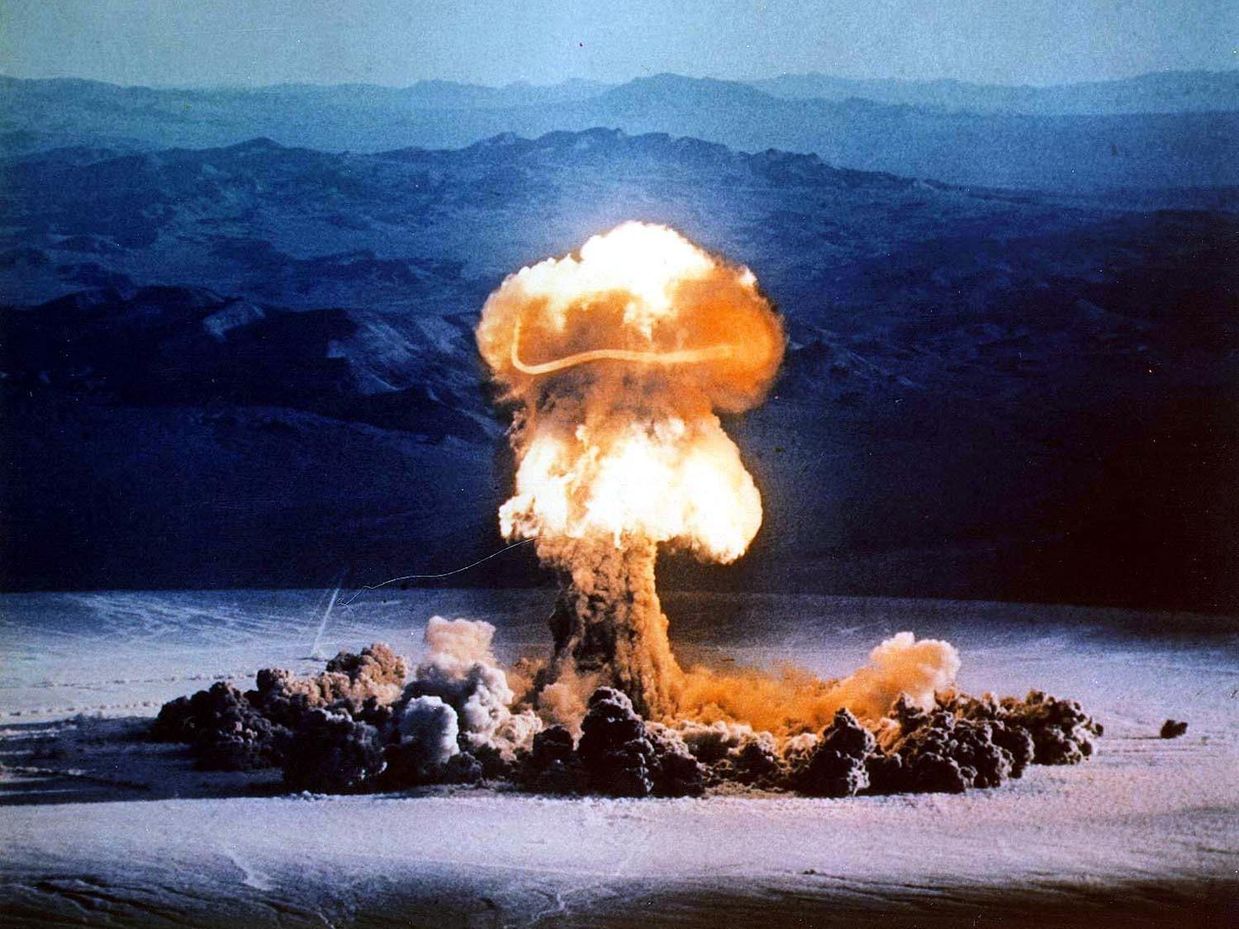
Don’t miss the full story from our staff writers, whose reportage is the basis of this article.
President Trump’s announcement that he may resume nuclear weapons testing has created anxiety in Moscow and Beijing while confusing nonproliferation experts about U.S. intentions. On October 29, Trump declared on Truth Social that the “Department of War” would begin testing nuclear weapons “on an equal basis” with other countries, claiming the U.S. is “the only country that doesn’t test” its arsenal. He justified this position by asserting that Russian and Chinese nuclear stockpiles are approaching American levels.
The statement triggered immediate international responses. China firmly denied conducting recent nuclear tests, while Russian President Vladimir Putin indicated his government would actively consider testing and requested clarification of U.S. policy. Russian presidential press secretary Dmitry Peskov called the issue “too serious” for ambiguity, and Putin has directed security advisers to assess restarting Russia’s testing programs.
Former Secretary of State Mike Pompeo defended Trump’s position, arguing that convincing adversaries of U.S. weapons effectiveness is essential to deterrence, even if testing becomes necessary. However, Energy Secretary Chris Wright clarified that any U.S. tests would involve delivery systems rather than nuclear explosions, which he termed “noncritical explosions” that wouldn’t violate nonproliferation treaties.
Daryl Kimball of the Arms Control Association expressed confusion about Trump’s objectives, noting that except for North Korea, no country has conducted nuclear explosive tests this century. However, Senator Tom Cotton revealed that CIA Director John Ratcliffe confirmed intelligence indicating “super-critical nuclear weapons tests” exceeding the U.S. zero-yield standard, though the countries involved remain unclear.
The situation occurs as the New START Treaty approaches its February 2026 expiration. This agreement limits the U.S. and Russia to 1,550 deployed nuclear warheads and 700 deployed missiles and bombers. Pompeo emphasized that China must be included in future negotiations given its rapidly expanding arsenal, which Trump said could match U.S. levels within five years.
Critical nuclear testing by the U.S., Russia, or China would violate the Comprehensive Nuclear Test Ban Treaty signed by 187 countries in 1996. While Russia claims to conduct only noncritical testing, and China maintains its testing moratorium, questions persist about classified low-yield tests by all three powers.
The Trump administration’s mixed signals have raised questions about whether this represents genuine policy shift or strategic positioning ahead of arms control negotiations, leaving the future of global nonproliferation standards uncertain.
Read more: Trump’s talk of resuming nuclear tests ratchets up tensions with Moscow, Beijing
This article is written with the assistance of generative artificial intelligence based solely on Washington Times original reporting and wire services. For more information, please read our AI policy or contact Ann Wog, Managing Editor for Digital, at awog@washingtontimes.com
The Washington Times AI Ethics Newsroom Committee can be reached at aispotlight@washingtontimes.com.

